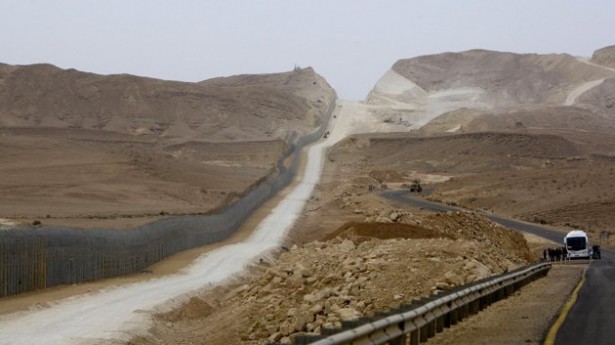CAIRO: In a step to aimed at awareness of women’s issues, the Dutch Embassy hosted an event entitled “Woman and Work to mark International Women’s Day, Thursday.
For women’s organizations nationwide, it was an opportunity to voice and share opinions relating to issues surrounding women and the world of work.
Held in a marquee on the grand embassy premises, the space became a forum for dialogue and open discussion between government, civil society, international partners and the private sector.
The event was organized by the NGO Gender and Development (GAD), which is a sub-group of the Donor Assistance Group.
“I think this is a great opportunity to have both researchers as well as the private sector and non-governmental organizations together, said Peter Proposki, who co-chairs the Donor Assistance group, as well as being the head of Aid and CIDA (Canadian International Development Agency).
“There’s a broad spectrum of local organizations as well as international organizations which have attended; people who have a great body of knowledge about gender and work, he continued. “They’re all involved in finding the opportunities to push the envelope forward.
“In the last election Mubarak included woman’s working issues in his electoral campaign. The question now is, what can we do to make this a reality? At the moment it is more costly to employ women than men, so we need to get the private sector into the mode of thinking that not employing women is an opportunity lost.
Ambassador Samiha Abou Steit of the National Council of Women, echoed these sentiments, saying, “It should be made obligatory for both women and men to take maternity and paternity leave.
She explained that this would even the level of prejudice against women from employers since it would level out economic discrimination against women.
However, she also expressed fears that societal trends are turning against women’s prospects of equality. “Strong currents have emerged in society that want to take women back to the dark ages. In order to combat them there seriously has to be an education reform, instilling in children from the earliest age the culture of equality. Until now, it is social conservatism, and not the government legal system, that remains the biggest barrier to change.
Turning towards the greener areas of Egypt, attendees were shown a documentary highlighting women’s participation in agricultural labor focusing on the water sector.
“Irrigation – what do women have to do with irrigation, said Soumaya Ibrahim, senior gender specialist. “This is the sentence I heard continuously when I told people about the film. Ibrahim filmed the documentary entitled ‘She irrigates, she cultivates,’ in the year 2000, to help the middle management of the ministry of irrigation lay out new policies.
“A big part of this film was highlighting the false consciousness of women, Ibrahim told Daily News Egypt, referring to a section of the film in which a woman who cultivates her own land is asked by the interviewer if she would prefer to attend the local meetings where farmers discuss issues pertaining to irrigation. The woman is given a few frantic signals by a monitoring male advising her how to answer. Smiling, and looking rather flustered, she eventually agrees with both male companion and interview: No she would not like to attend, but yes she would if someone arranged there to be single-sex meetings.
“I would have liked to show the documentary to the people who were interviewed, said Ibrahim, who has vast experience working throughout the Arab world on gender and development issues. “It would have acted as a mirror to their actions. It would have certainly been interesting to see their reactions and I wonder if any NGO has ever shown participants the films that are made about them.
When asked whether the documentary itself influenced policy-making in the ministry, Ibrahim explained: “They did establish a gender unit, but unfortunately it took a tumble because of lack of funding. But most of all, there needed to be much more support in terms of convincing the people themselves, it was just too early to run by itself.
However, despite this premature flop, other participants, expressing their opinions in an open forum following the documentary, were of the opinion that in the years following the making of the film women have been able to share in local discussions on irrigation and agriculture.
Since figures show that 30 percent to 40 percent of those farmers working in the fields are women, these comments are certainly encouraging, particularly bearing in mind that the obtaining and maintaining of water supplies remains a vital issue for farmers throughout Egypt.
The Dutch Embassy has launched water projects in Fayoum and Baheyra in recent years to help people manage water needs.






